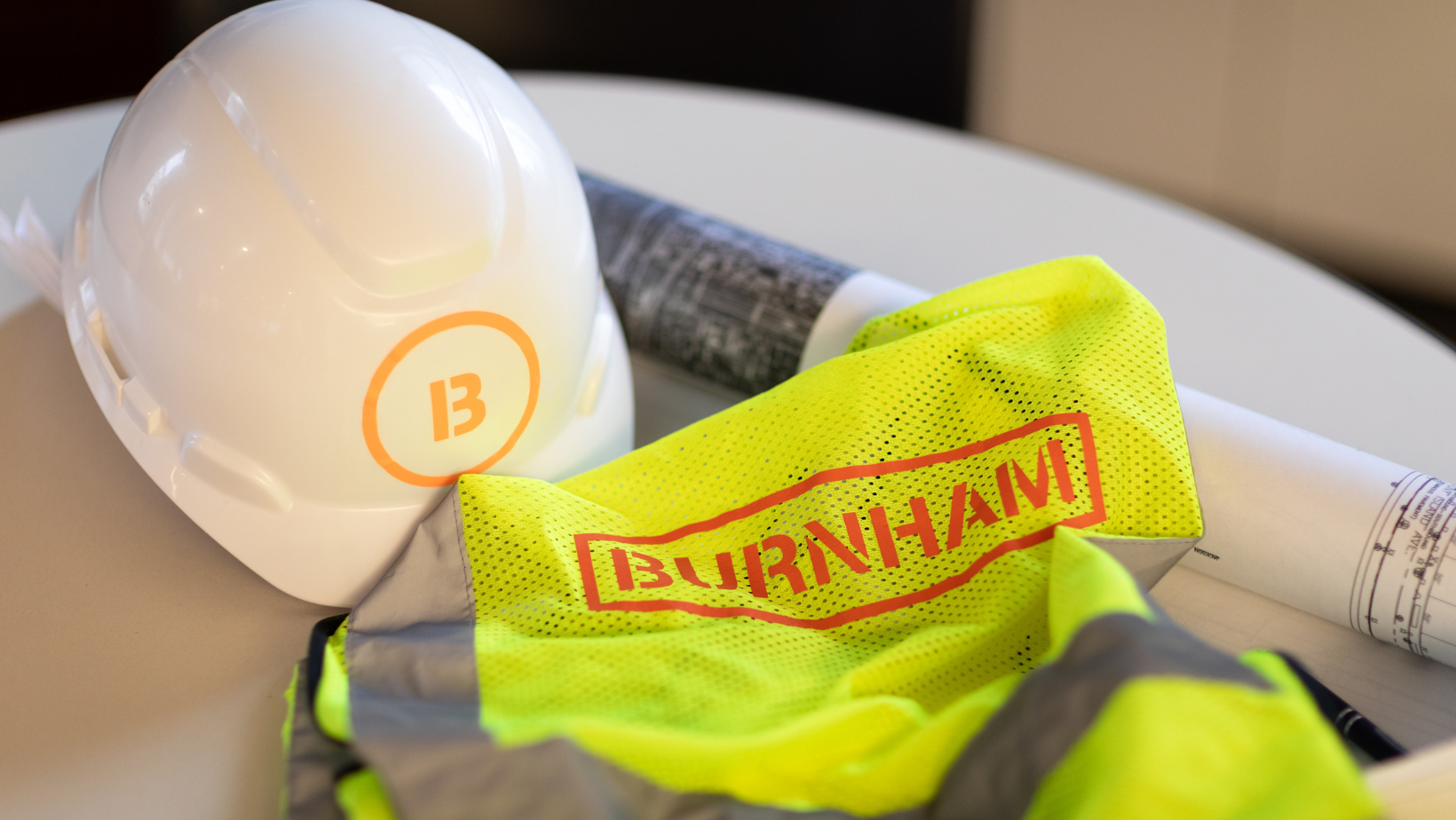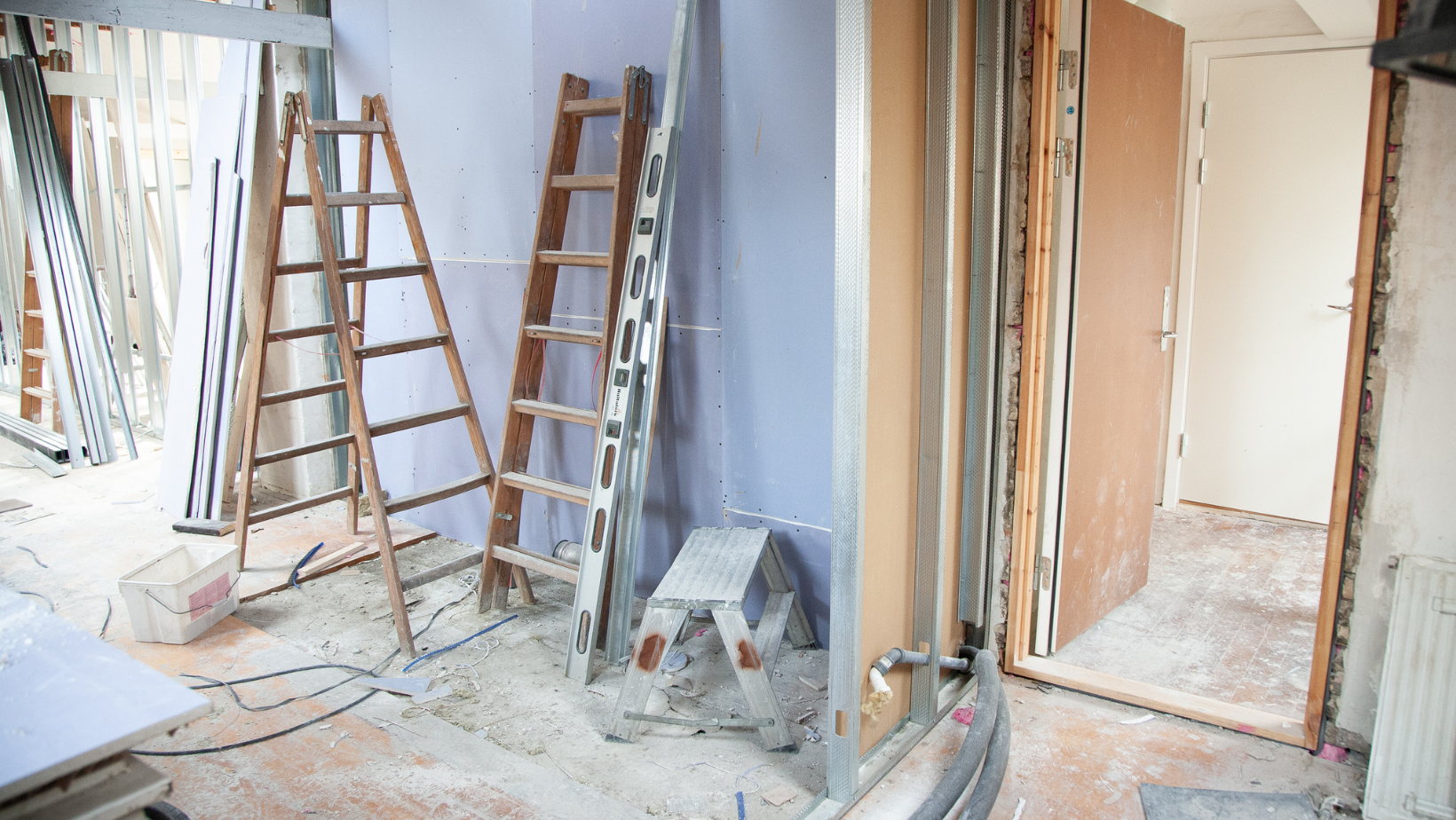Navigating HPD Violations in NYC

Posted by Manny Perez

Owning a property where two or more families sleep has its own set of challenges in the city that never sleeps. One significant aspect that property owners need to be vigilant about is compliance with the New York City Department of Housing Preservation and Development (HPD) regulations.
HPD is one of the lesser-known, but important, departments in NYC, whose processes involve a lot of back and forth between their downtown and uptown offices. Burnham is here to help you navigate the intricacies of the process.
What buildings must register with HPD?
In New York City, the requirement to register with HPD applies to multiple dwelling properties. They are defined as residential buildings that contain three or more units which include apartment buildings, condominiums, and cooperative buildings.
Owners of multiple dwellings are required to register each of their properties with HPD annually. The registration process involves providing information about the building, including the number of units, the names of individuals responsible for the building, and contact information.
Buildings with two or more families have to register with HPD, but only buildings with three or more families have to comply with the regulations.
Understanding NYC HPD violations
The HPD is responsible for enforcing the city's housing codes and regulations to ensure the safety and well-being of residents. Violations can be issued for a variety of reasons, ranging from minor infractions to more serious issues that pose health and safety risks. It's crucial for property owners to understand the different types of violations and the potential consequences for non-compliance.
Fines can reach $5,000, and “buildings without valid property registration may be issued Orders, and will be ineligible to certify violations, request a Code Violation Dismissal, or initiate a court action to recover possession of the premises for nonpayment of rent” per the NYC HPD website.
HPD violations aren't able to be ignored. Before any permits can be filed on the building, the Department of Buildings will ensure that HPD is notified before filing with the Department of Buildings. If there are any HPD violations on record, they will need to be addressed and resolved first before anything else can be done to the building.
HPD violations are part of the Building Information System (BIS) that has a profile page for all properties in the city. According to the Department of Buildings, the BIS profile page for each building "lists any related jobs/filings and occupancy information in addition to other actions including complaints, violations and inspections. BIS also includes a directory of tradespeople licensed by DOB. BIS contains the records of permits issued and job applications created before the launch of the DOB NOW system."
Common NYC HPD violations
-
Maintenance Issues: Many violations stem from issues related to the maintenance of the property, such as peeling paint, broken windows, or faulty plumbing. Regular inspections and proactive maintenance can help prevent these common problems.
-
Heat and Hot Water Violations: New York City mandates minimum temperatures for residential buildings during the heating season. Failure to provide adequate heat and hot water can result in violations.
-
Rodent and Pest Infestations: The city is proactive in addressing pest control issues. Property owners must take measures to prevent and address infestations promptly.
-
Failure to Certify Corrective Action: After receiving a violation, property owners are required to certify that the necessary repairs have been completed. Failure to do so can result in additional penalties.
Mitigating NYC HPD violations
-
Review the Violation Notice:
-
Carefully read the violation notice to understand the nature of the violation, the specific location within the property, and the corrective actions required.
-
-
Prioritize Safety and Health Concerns:
- If the violation involves safety or health concerns, prioritize those issues first. Address any immediate hazards that could pose a threat to tenants or occupants.
-
Document the Violation:
- Take clear photographs or videos documenting the violation. This documentation can serve as evidence of the current state of the property and may be useful when certifying that corrective action has been taken.
-
Understand the Correction Timeframe:
- Note the timeframe given for correcting the violation. Different violations may have different deadlines. Ensure that you comply with the specified timeframe to avoid additional penalties.
-
Plan and Execute Repairs:
- Hire qualified contractors or perform the necessary repairs yourself to address the violations. Make sure that the corrective actions meet the standards outlined in the violation notice.
-
Certify Corrective Action:
- After completing the required repairs, certify the corrective action with the HPD. This typically involves submitting documentation, either online or by mail, to confirm that the violations have been addressed.
- Keep Records:
- Maintain detailed records of all repairs, including receipts, invoices, and any communication with contractors. These records will be crucial when certifying corrective action.
-
Attend Hearings if Required:
- In some cases, a violation may require attending a hearing. If so, make sure to attend as scheduled, bringing all relevant documentation and evidence of the corrective actions taken.
-
Prevent Future Violations:
- Conduct regular property inspections and maintenance to identify and address potential issues before they lead to violations. Stay informed about changes in HPD regulations to proactively maintain compliance.
-
Check for Clearance:
- Once you have certified corrective action, check with the HPD to ensure that the violation has been cleared. This may involve checking online or contacting the HPD directly.
Sound like a lot? It is. Not only is it an intensive process, but timely and effective action is crucial when dealing with HPD violations to avoid additional fines and legal complications.
Additionally, any regular permit process will necessarily involve working with HPD before obtaining the Department of Buildings permit.
That's why Burnham is here to help.
Burnham gets it done
Navigating NYC HPD violations requires diligence, proactive measures, and a commitment to maintaining a safe and compliant property.
Burnham has the experience needed to help you resolve your HPD violations. We have the internal checklists ready to go. We have the existing contacts and partners. We know the right people are the right offices to contact. We know what we are doing to get it done.
Additionally, if you render our services for HPD violations, we can also then help you with any of your other permitting needs.
Want to help out your favorite property managers and owners? Share this with your network.
Contact us through our site or give us a call at (800) 407-7990.




